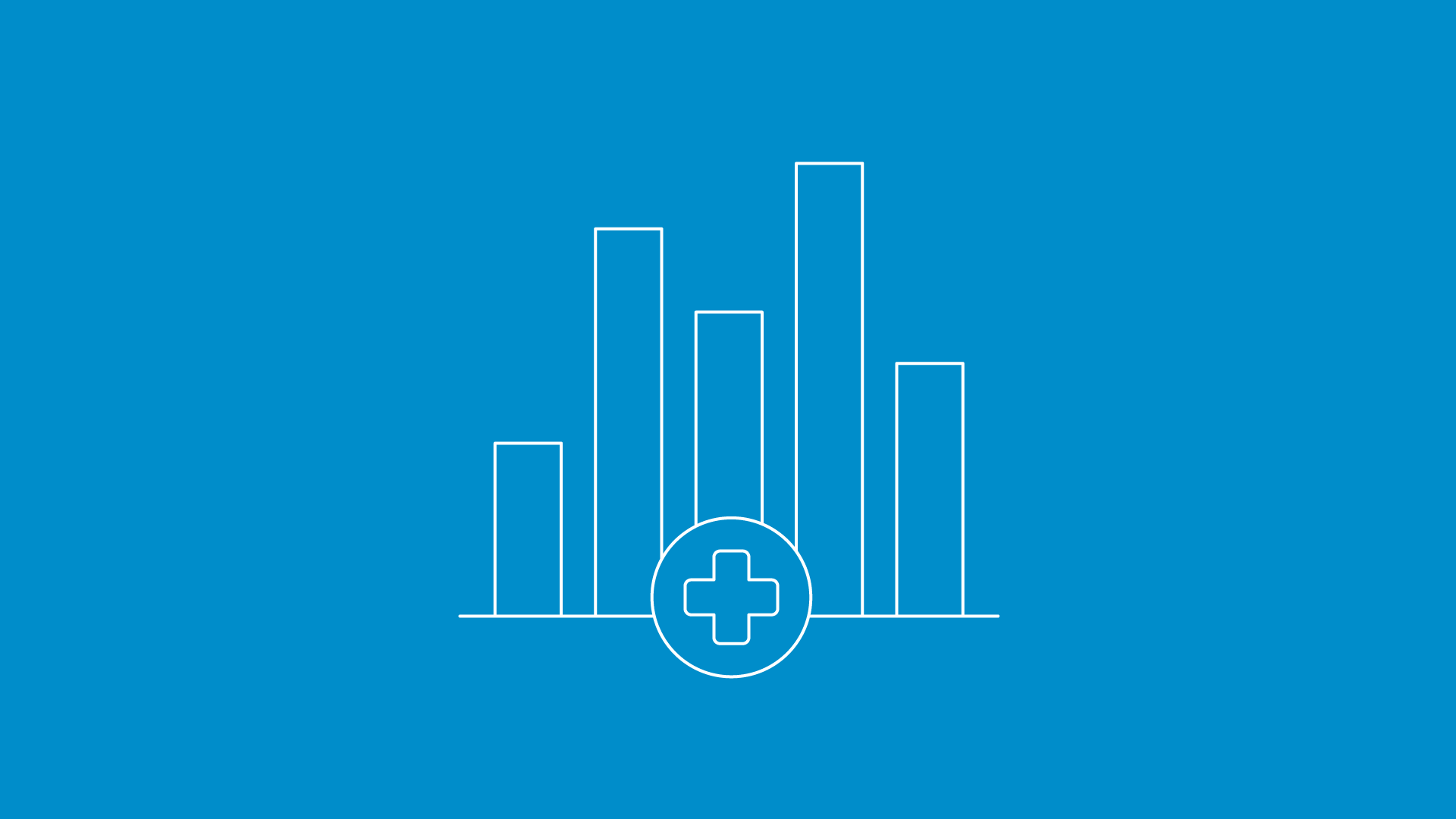
Principal Investigator: Dr. Sigilbert Mrema
Project leader/ Coordinator: Dr. Sigilbert Mrema
Project Administrator: TBC
Funding Partner: Vital Strategies
Start date: April 1, 2024
End date: March 31, 2025

Data for Health (D4H) Program for strengthening the Civil Registration and Vital Statistics (CRVS) system in Tanzania
The Data for Health (D4H) Program, implemented by the Ifakara Health Institute and key partners aims at enhancing the Civil Registration and Vital Statistics (CRVS) system in Mainland Tanzania. The primary goal of D4H is to strengthen the recording and management of vital events, such as births, marriages, deaths, and other significant life milestones. The CRVS system plays a critical role in legal, social, and statistical frameworks, impacting individual rights and national planning.
Funded by Vital Strategies, a not-for-profit organization based in New York, USA, the project collaborates with the Ministry of Health Tanzania (MoH), President’s Office Regional Administration and Local Government (PoRALG), Registration, Insolvency and Trusteeship Agency (RITA), and National Bureau of Statistics (NBS).
Since 2016, the D4H program has been working in Tanzania to improve the CRVS system. They've done several things to help, including reviewing the legal framework for civil registration, decentralization of birth registration from the district-level to the ward-level, and business process re-engineering.
Despite these efforts, there's still a problem as the National Bureau of Statistics (NBS) hasn't published any vital statistics reports using the available data.
To fix this issue, the D4H program will partner closely with the CRVS program to support both RITA and NBS, to accelerate the process towards the production, publication and dissemination of vital statistics reports in Tanzania.
Historically, vital events in Mainland Tanzania have faced challenges in registration and data management, with limited coverage and manual processes. The D4H project seeks to address these gaps by implementing comprehensive activities focused on capacity building, process re-engineering, and data dissemination.
D4H activities include:
- Capacity Development: Providing training and mentorship to RITA, NBS, and MoH staff on vital statistics production aligned with international standards (UN principles and recommendations). The goal is to enable the production and dissemination of vital statistics reports to government stakeholders.
- Standard Operating Procedures (SOPs) Development: Creating SOPs for NBS to enhance communication, dissemination, and utilization of CRVS data in decision-making processes in Tanzania.
- Workshops and Stakeholder Engagement: Organizing workshops to assess CRVS program improvements, identify policy-related evidence needs, and identify ways they can be addressed through multi-sectoral data use collaboration.
- Production of annual mortality statistics report: Complete annual mortality statistics report
for 2023 and 2024 by using mortality data from all health care facilities and sampled wards for the two years. - Production of a combined report on community and facility deaths: Produce a combined report by using mortality data for deaths that happen in the community (VA), and those which happen in the health facility (MCCD).
- Conduct a CRVS journalism workshop: This will include the publication of CRVS-related media
- Provision of technical support to MoH: Support staff at MoH on data analysis and the production of an annual report on cancers in Tanzania using cancer registry data.
Expected outcomes of the D4H project include the production of comprehensive vital statistics reports and their dissemination to government stakeholders, strengthening of communication and data use practices, and identification of opportunities for system improvements and evidence-based policymaking.
The D4H Program, through its coordinated efforts with key stakeholders, aims to catalyze improvements in Tanzania's CRVS system, ultimately supporting evidence-based decision-making and enhancing the country's ability to monitor and respond to key population trends and health indicators.
The project will run from April 2024 to March 2025 and will be led by Dr. Sigilibert Mrema, a Research Scientist at Ifakara Research. Dr. Mrema serves as the Principal Investigator and Program Coordinator. He will collaborate closely with Colin Bynes, the Principal Technical Advisor and Program Contractor from Vital Strategies, throughout the implementation period.
